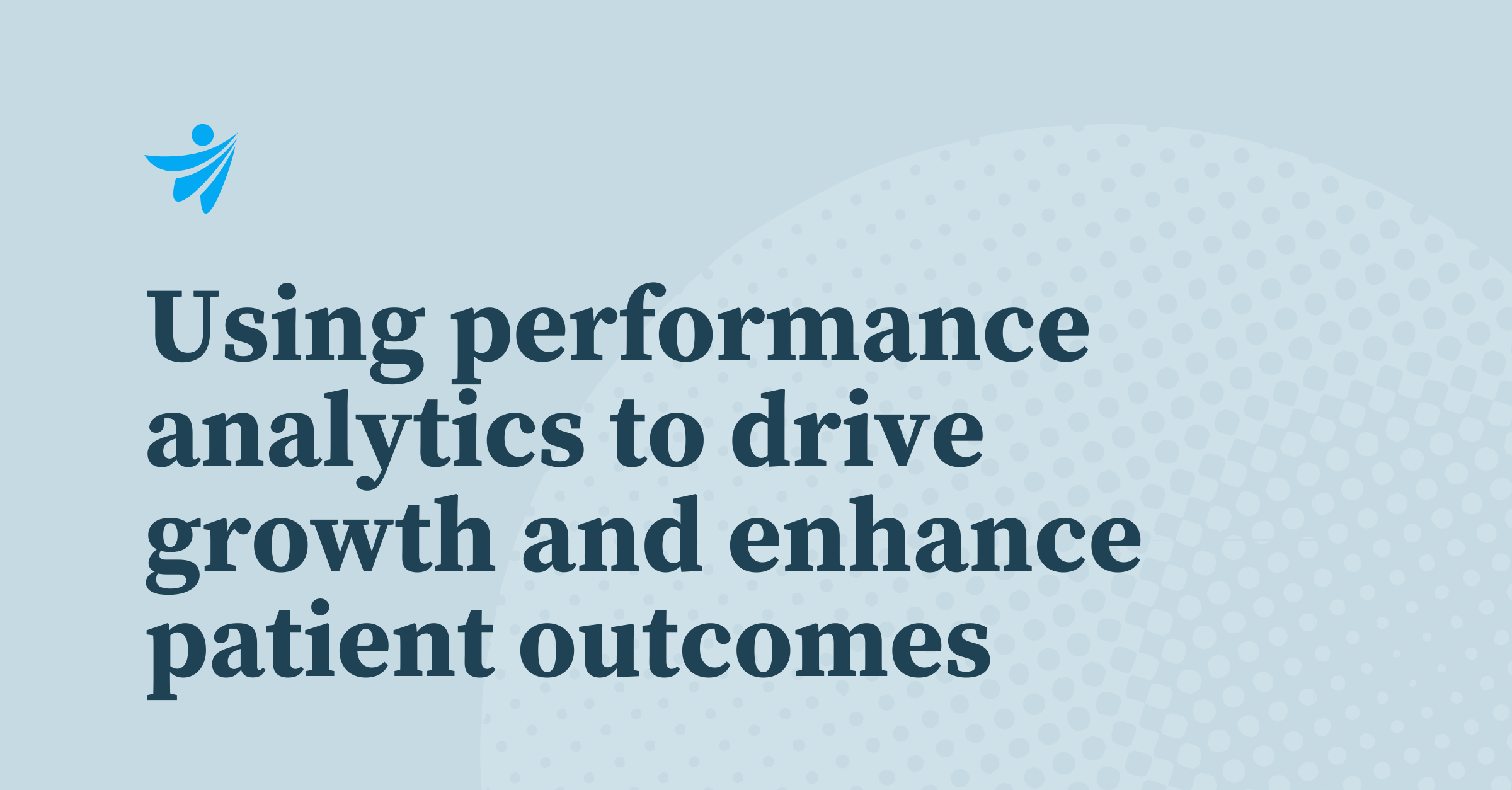
Insights for Providers
Jul 19, 2024
Insights for Providers | September 13, 2023
In September of 2023, marketing and strategy leaders from around the country gathered at the Society for Health Care Strategy & Market Development’s (SHSMD) annual conference in Chicago, IL. Clarify was excited to attend the conference and meet with these leaders to discuss health system growth strategies and provide real world insights during an interactive speaking session. Dr. Ines Vigil, SVP of Services & Transformation at Clarify Health, moderated a robust discussion with David Stephens, SVP of Strategy and Business Development at Hackensack Meridian Health, and Christy Listenbee, Director of Strategic Planning at Piedmont Healthcare to share case studies on using market and patient insights to accelerate strategic growth. During the presentation, David and Christy shared several real-life examples of leveraging analytics to improve their market share, increase efficiency, and create a strategy around the shift to outpatient, ambulatory, and other facilities. They also drew upon their experiences to share best practices and lessons centered around successfully using data and identifying insights. To kick the session off, Dr. Vigil invited Christy and David to share examples of how they used market data and insights to drive their growth strategies and touch upon any challenges they encountered or “a-ha!” moments uncovered along the way. David and Christy dove into examples of how they use Clarify’s unique claims dataset to improve access to various sites of care. One of the needs they both highlighted was the ability to see volumes by service line and where those volumes may be shifting to an outpatient or freestanding setting. The availability of market and referral insights enabled them to see where there were access issues and helped them accelerate their outpatient and ambulatory strategy. Another topic the panelists discussed was the availability of overwhelming amounts of data and the tedious process of assessing the right sources to solve their business problems. Christy first identified that it was critical to have clarity around specific business questions in order to evaluate the data sources (state, claims, or internal data) best suited to provide answers. Both Christy and David emphasized that the skillset of the team matters greatly. The team needs to deeply understand the data and stay focused on the strategic questions that the business is trying to answer to make informed decisions. When it comes to competing strategic priorities, Dr. Vigil asked the panelists how data helps them pivot direction when needed. David and Christy both highlighted the importance of longitudinal data to visualize the continuum of care. With longitudinal data, the teams can monitor the flow of patients through the system, including when they enter or leave the system, and the services or procedures they’re seeking. This enables the team to understand the most important gaps and prioritize future areas of focus. In addition, claims-based data helps inform trends and uncover if there’s a site of service shift, or a shift in patient preferences. The panelists spent the second half of the discussion taking a retroactive look at their experience with data and imparting their lessons learned. If they had to start over, both panelists suggested that a deeper understanding of claims data would have been helpful. When it comes to strategic planning, it’s important to be acutely aware of the data that you’re working with, as well as its strengths and limitations. In addition, David emphasized that data is never “perfect”, although it is a powerful tool to be used directionally for decision-making. Another takeaway involved improved referral strategies. Dr. Vigil asked the panelists to provide advice to other organizations who are looking to optimize their referral flows. Christy suggested that health systems need to support the community’s access to referrals. David reinforced the importance of looking at care continuity. With the right data, health systems can uncover the continuity of care gaps and where referrals are being lost due to insufficient access points. This was summarized by the recommendation to develop growth strategies by looking holistically at the patient journey and leveraging data to identify where the flow breaks down. We thank the panelists and Dr. Vigil for the engaging and informative session and hope to see you at the next SHSMD conference!Solving pain points with healthcare analytics
Lessons learned